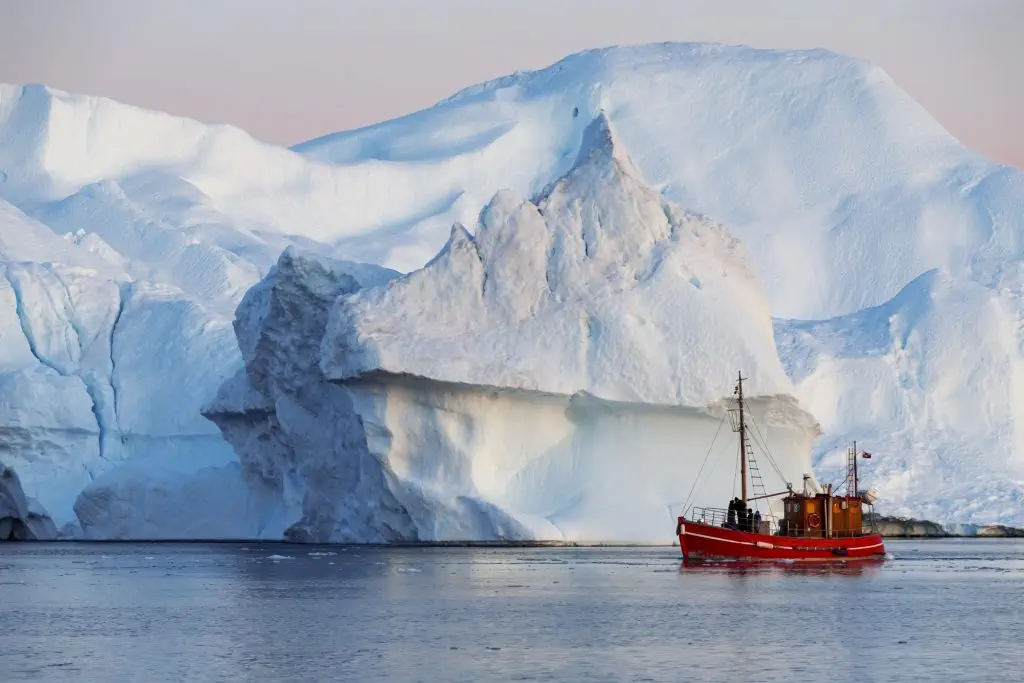
Australia’s top climate scientist says “we are already deep into the trajectory towards collapse” of civilization, which may now be inevitable because 9 of the 15 known global climate tipping points that regulate the state of the planet have been activated.
Australian National University emeritus professor Will Steffen (pictured) told Voice of Action that there was already a chance we have triggered a “global tipping cascade” that would take us to a less habitable “Hothouse Earth” climate, regardless of whether we reduced emissions.
Steffen says it would take 30 years at best (more likely 40-60 years) to transition to net-zero emissions, but when it comes to tipping points such as Arctic sea ice we could have already run out of time.
Evidence shows we will also lose control of the tipping points for the Amazon rainforest, the West Antarctic ice sheet, and the Greenland ice sheet in much less time than it’s going to take us to get to net-zero emissions, Steffen says.
“Given the momentum in both the Earth and human systems, and the growing difference between the ‘reaction time’ needed to steer humanity towards a more sustainable future, and the ‘intervention time’ left to avert a range of catastrophes in both the physical climate system (e.g., melting of Arctic sea ice) and the biosphere (e.g., loss of the Great Barrier Reef), we are already deep into the trajectory towards collapse,” said Steffen.
“That is, the intervention time we have left has, in many cases, shrunk to levels that are shorter than the time it would take to transition to a more sustainable system.
“The fact that many of the features of the Earth System that are being damaged or lost constitute ‘tipping points’ that could well link to form a ‘tipping cascade’ raises the ultimate question: Have we already lost control of the system? Is collapse now inevitable?”
This is not a unique view – leading Stanford University biologists, who were first to reveal that we are already experiencing the sixth mass extinction on Earth, released new research this week showing species extinctions are accelerating in an unprecedented manner, which may be a tipping point for the collapse of human civilisation.
Also in the past week research emerged showing the world’s major food baskets will experience more extreme droughts than previously forecast, with southern Australia among the worst hit globally.
Steffen used the metaphor of the Titanic in one of his recent talks to describe how we may cross tipping points faster than the time it would take us to react to get our impact on the climate under control.
“If the Titanic realises that it’s in trouble and it has about 5km that it needs to slow and steer the ship, but it’s only 3km away from the iceberg, it’s already doomed,” he said.
‘This is an existential threat to civilization’
Steffen, along with some of the world’s most eminent climate scientists, laid out our predicament in the starkest possible terms in a piece for the journal Nature at the end of last year.
They found that 9 of the 15 known Earth tipping elements that regulate the state of the planet had been activated, and there was now scientific support for declaring a state of planetary emergency. These tipping points can trigger abrupt carbon release back into the atmosphere, such as the release of carbon dioxide and methane caused by the irreversible thawing of the Arctic permafrost.
“If damaging tipping cascades can occur and a global tipping point cannot be ruled out, then this is an existential threat to civilization,” they wrote.
“No amount of economic cost–benefit analysis is going to help us. We need to change our approach to the climate problem.
“The evidence from tipping points alone suggests that we are in a state of planetary emergency: both the risk and urgency of the situation are acute.”
Steffen is also the lead author of the heavily cited 2018 paper, Trajectories of the Earth System in the Anthropocene, where he found that “even if the Paris Accord target of a 1.5°C to 2°C rise in temperature is met, we cannot exclude the risk that a cascade of feedbacks could push the Earth System irreversibly onto a ‘Hothouse Earth’ pathway.”
Steffen is a global authority on the subject of tipping points, which are prone to sudden shifts if they get pushed hard enough by a changing climate, and could take the trajectory of the system out of human control. Further warming would become self-sustaining due to system feedbacks and their mutual interaction.
Leave a Reply